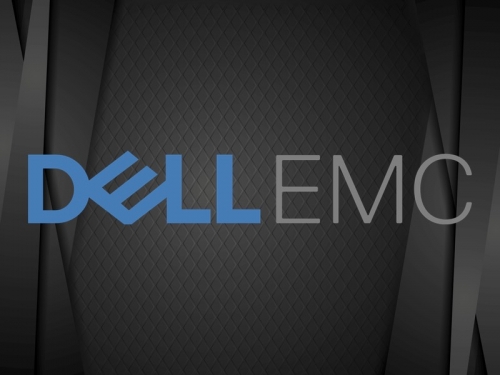This is the next evolution of OneFS, an operating system under the bonnet of Dell EMC Isilon. The newly introduced PowerScale family include new NVMe and all-flash PowerScale nodes running on PowerEdge servers, as well as existing Isilon all-flash, hybrid and archive nodes running the PowerScale OneFS operating system. PowerScale is is fully compatible with existing Isilon nodes.
Dell tells us that that PowerScale’s single namespace, file system environment and enterprise-class data services make it easy-to-use and massively scalable.
Apparently PowerScale clusters can reach multi-petabyte scale and millions of file operations without disruption or costly downtime for customers. Nodes can be added to either PowerScale or an existing Isilon cluster in just 60 seconds.
It is based on Intelligent automation with smart scale-out capabilities, PowerScale distributes resources effectively so that customers can get the most performance out of a cluster.
Dell said that PowerScale delivers 80 percent storage use across a cluster and can sustain multi-node failures.
It allows for programmable infrastructure with support for a number of leading management and container orchestration frameworks, such as Kubernetes, Ansible and OpenShift, customers can streamline application development and reduce deployment timeframes.
“Dell Technologies makes it simple for customers to better understand their data and the health of their storage infrastructure. This includes managing unstructured data. PowerScale now includes Dell EMC DataIQ, data and storage management software that breaks down unstructured data silos with rapid search functionality and a unified file system view of data across Dell EMC, third-party and public cloud storage”, the company said.
There is also proactive health monitoring: Dell EMC CloudIQ infrastructure monitoring and analytics software, included with PowerScale, combines machine learning and human intelligence to provide customers with real-time performance and capacity analysis as well as historical tracking for a single view of Dell EMC infrastructure.




